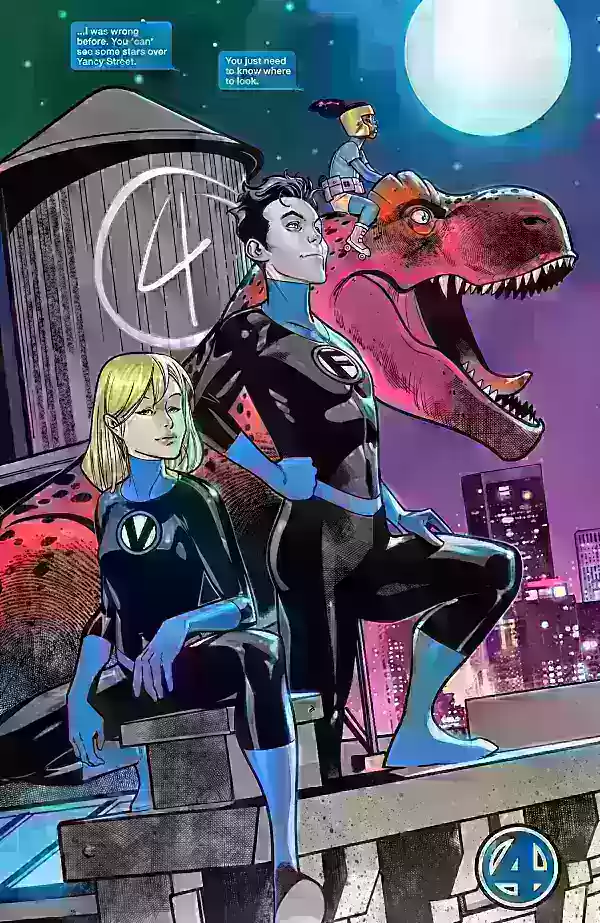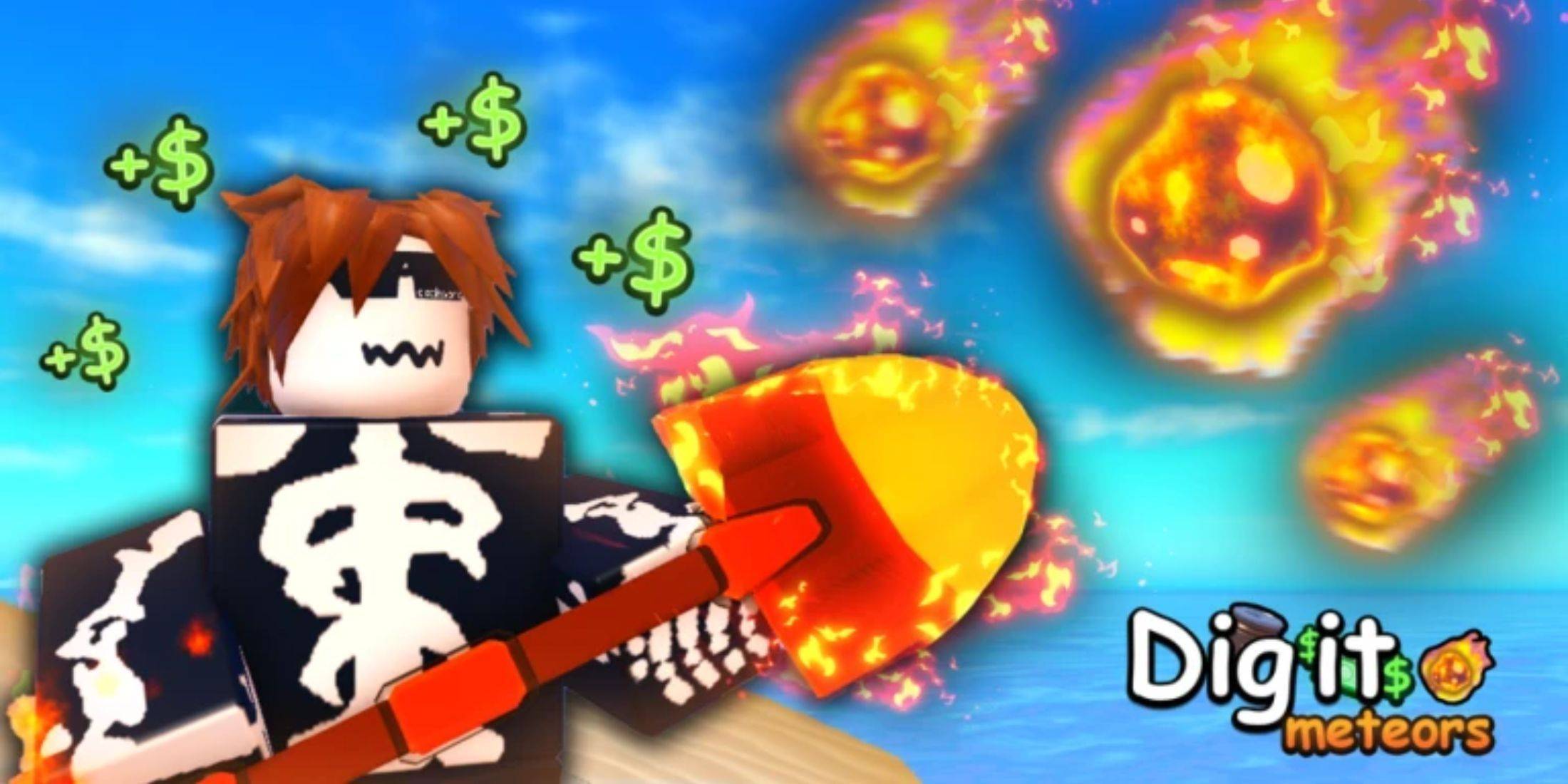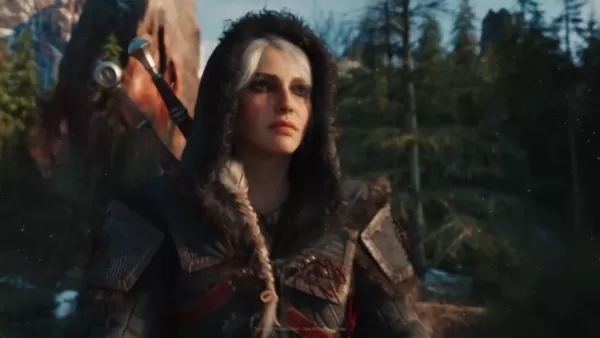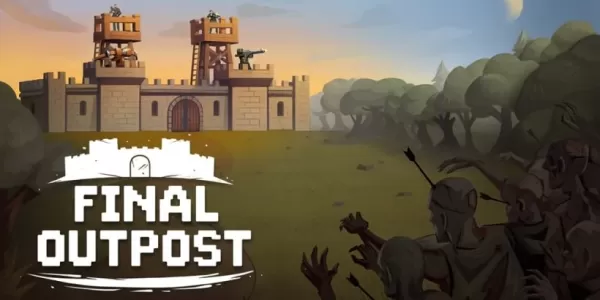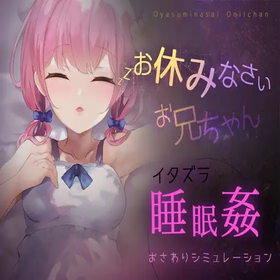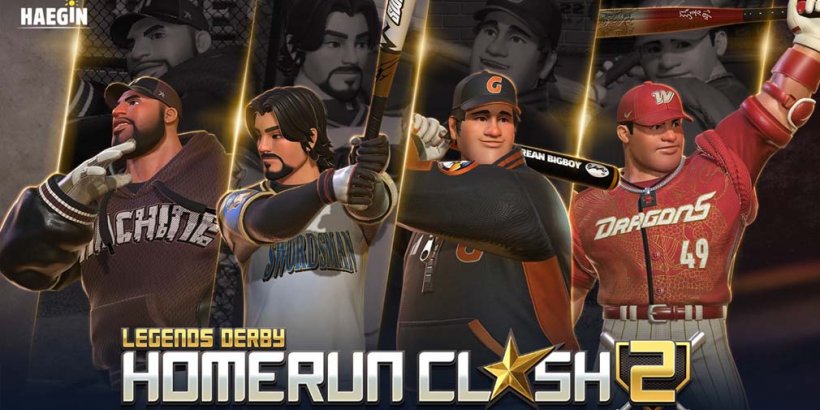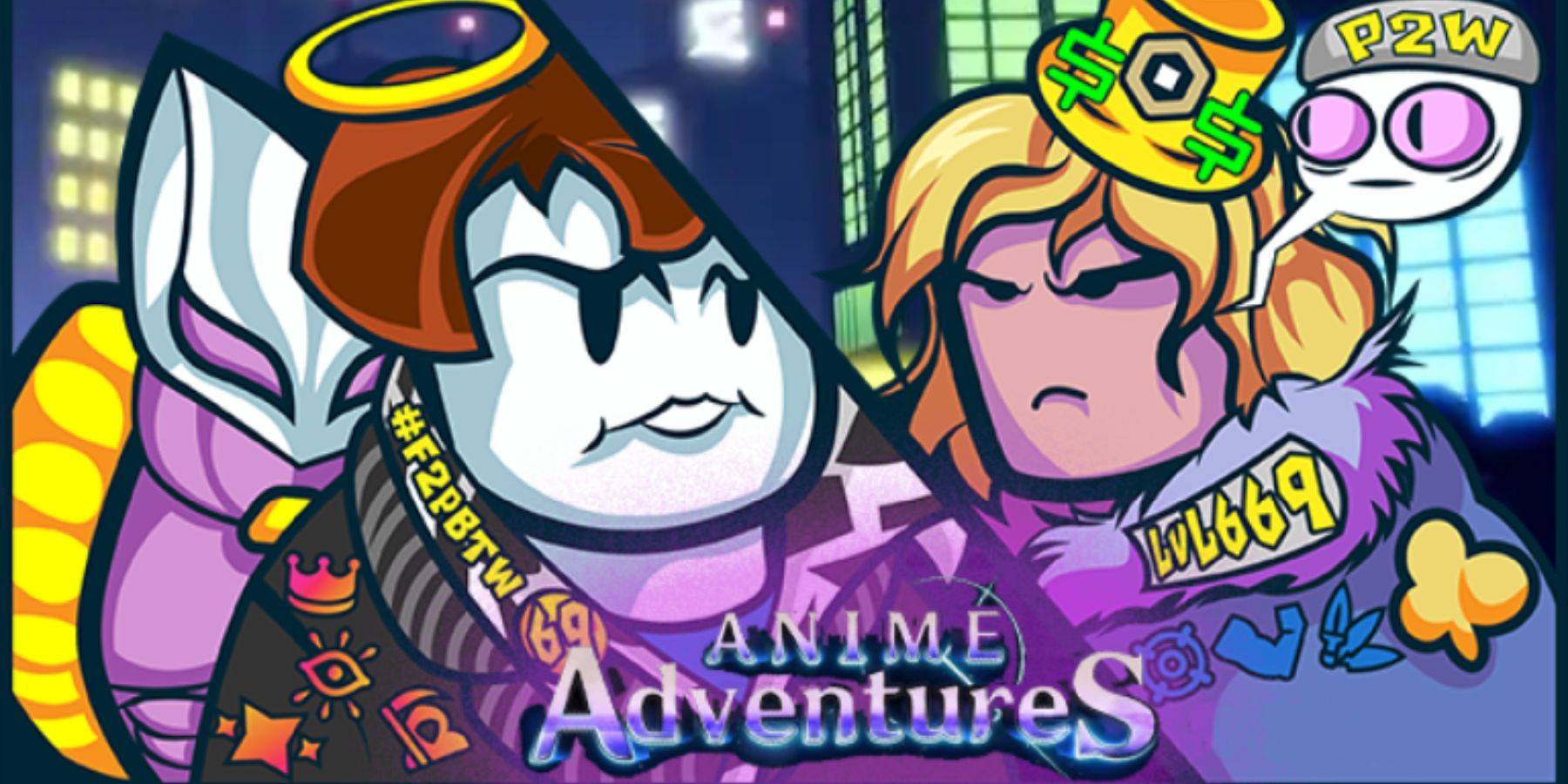Metaphor Creators: Silent Protagonists Evolve in Modern RPGs
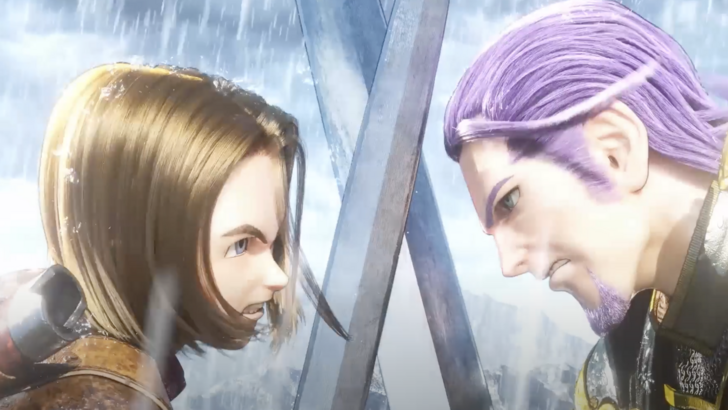
The Evolving Role of the Silent Protagonist in Modern RPGs: A Conversation Between Dragon Quest and Metaphor: ReFantazio Creators
This article features a discussion between Yuji Horii, creator of the iconic Dragon Quest series, and Katsura Hashino, director of Atlus' upcoming RPG, Metaphor: ReFantazio. The conversation, excerpted from the Metaphor: ReFantazio Atlas Brand 35th Anniversary Edition booklet, explores the challenges of using silent protagonists in today's visually advanced gaming landscape.
The Silent Protagonist in Dragon Quest: A Legacy Challenged by Modern Graphics
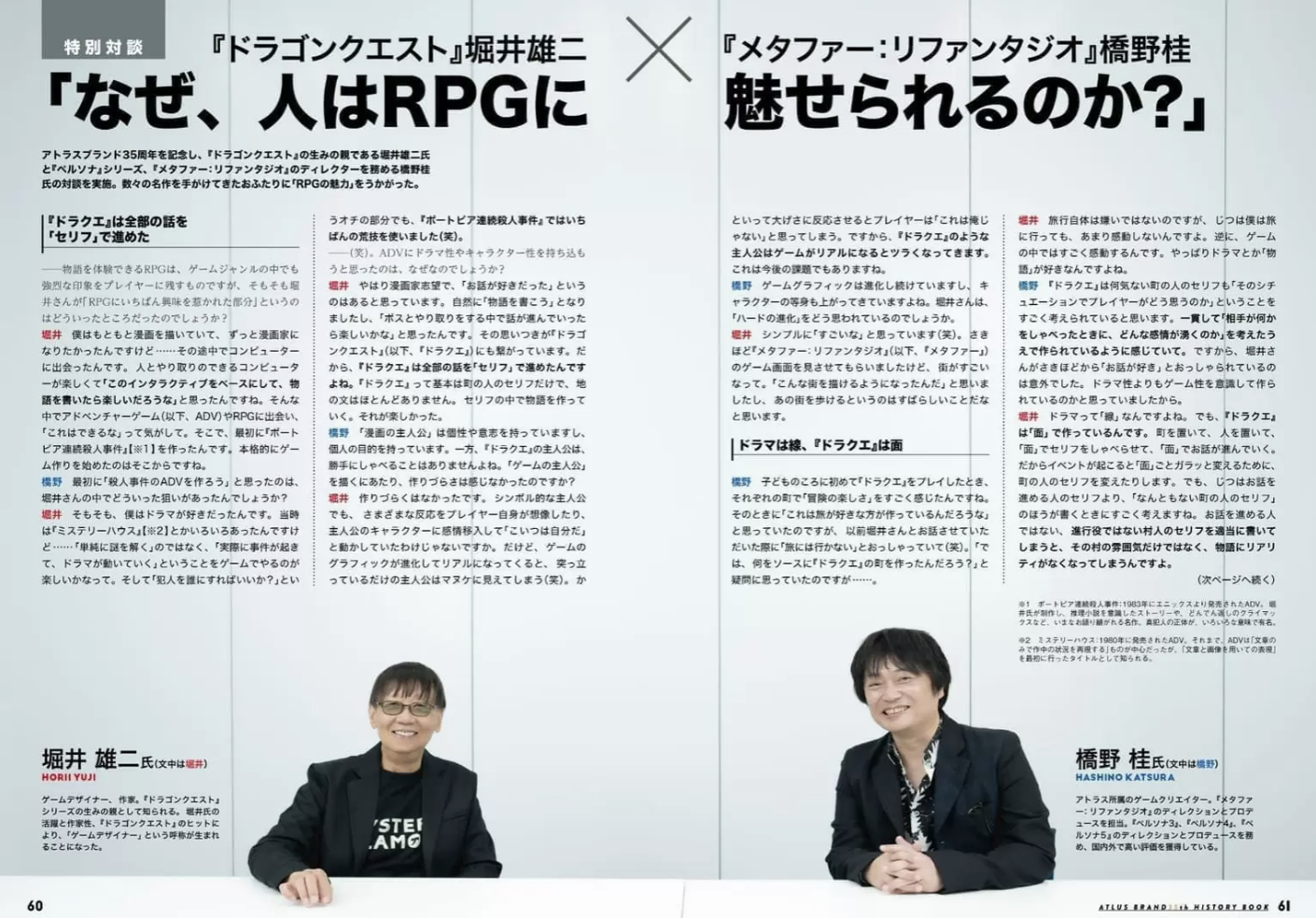
Horii describes the Dragon Quest protagonist as a "symbolic protagonist," allowing players to project themselves into the game. This approach worked well with the simpler graphics of earlier games, where limited animation didn't highlight the lack of vocal expression. However, Horii humorously notes that a silent protagonist in today's high-fidelity graphics might appear "like an idiot."
Horii's background as an aspiring manga artist and his passion for storytelling shaped Dragon Quest's narrative structure, relying heavily on dialogue interactions rather than exposition. The simplicity of the NES era allowed players to fill in the emotional gaps left by the silent character. But as visuals and audio become increasingly sophisticated, maintaining this approach presents a significant hurdle. Horii acknowledges this evolving challenge, stating that depicting a silent protagonist effectively in increasingly realistic games will be a continuing challenge.
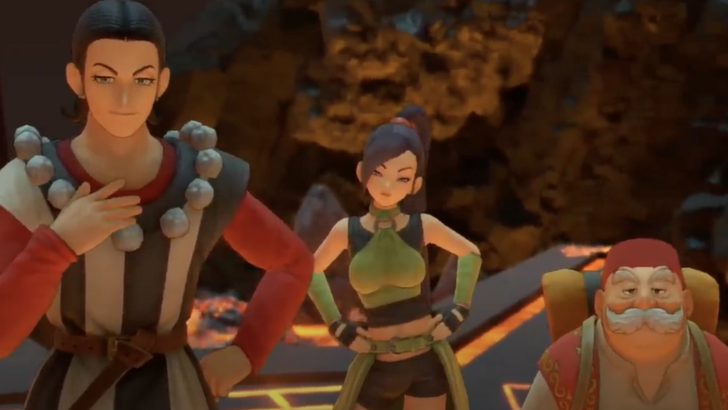
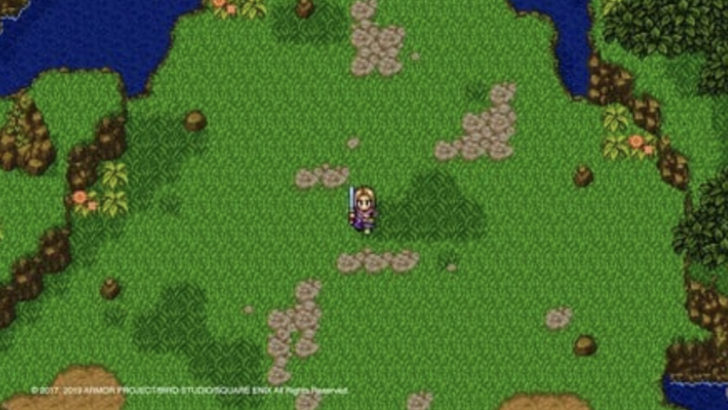
A Different Approach: Metaphor: ReFantazio and the Voice-Acted Protagonist
While Dragon Quest remains a notable exception, many modern RPGs, such as the Persona series, utilize voiced protagonists. Hashino's Metaphor: ReFantazio will also feature a fully voiced protagonist.
Despite the challenges, Hashino praises Horii's approach, emphasizing Dragon Quest's focus on player emotional engagement. He highlights the game's consistent consideration of the player's emotional response to in-game interactions, even those with minor characters.
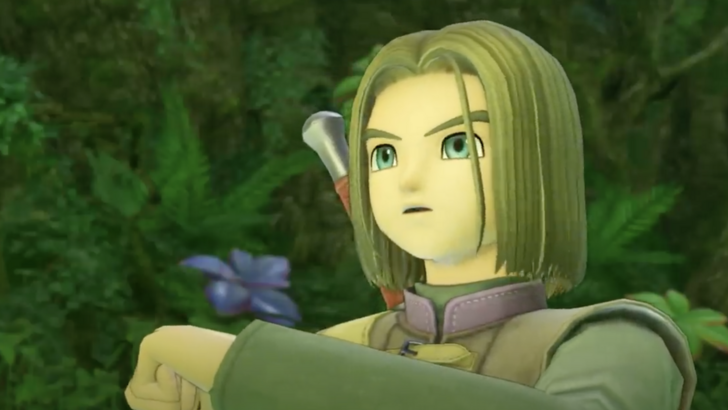
This conversation offers a fascinating glimpse into the evolving art of RPG storytelling and the ongoing debate surrounding the effectiveness of silent protagonists in a world of increasingly realistic game design.








